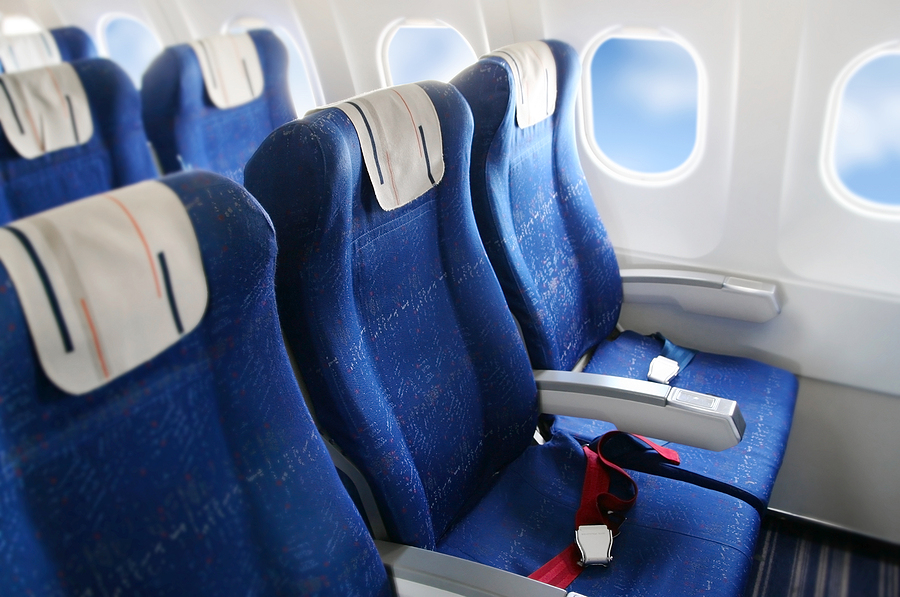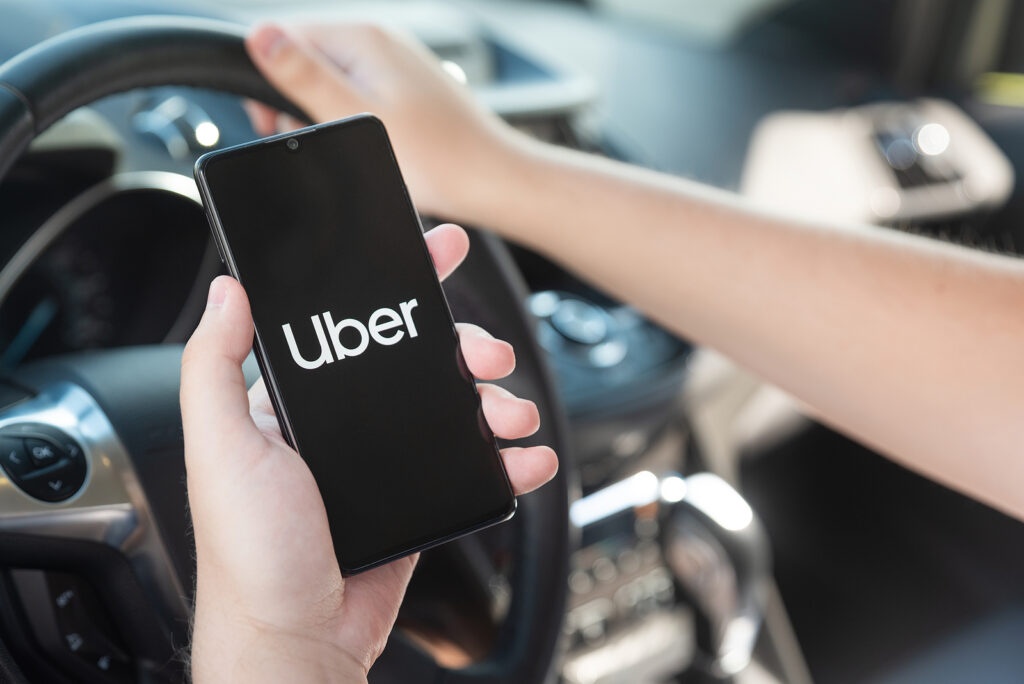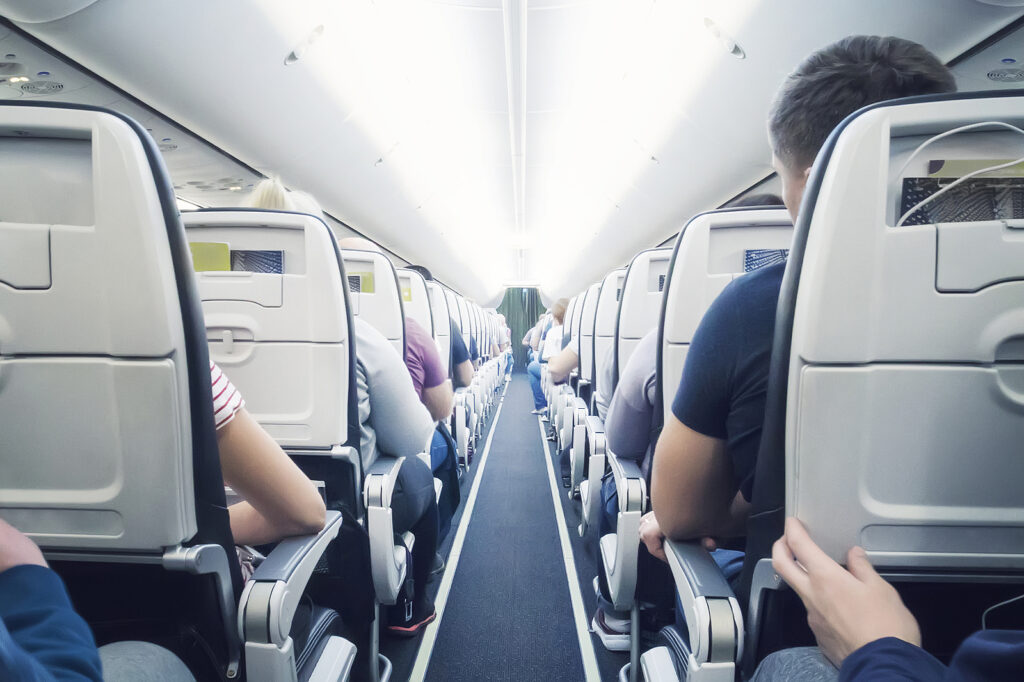Many people have a fear of flying, when in fact, air travel is statistically safer than traveling by car, boat, or train. According to an in-depth study done by Dr. Barnett of MIT, data revealed that passengers are 19 times safer on an aircraft than in a vehicle. In fact, additional studies on various Odds of Death, conducted by the Natural History Museum of Los Angeles County, Massachusetts Institute of Technology, and University of California at Berkeley, reveal that we are more likely to die of a bee sting than a plane crash!
No matter how slight the chances are of being killed in a plane accident, in-flight injuries will always be a possibility. But which party is responsible for injuries that occur to passengers on a commercial flight? Is the airline liable for the damages and losses suffered by the injured victim?
Continue below to learn the facts you need to know about common carrier accidents and the Federal Aviation Act.

Common Carrier Accidents and Liability
The term “common carrier” refers to any entity that provides transportation services for the public. Examples of common carriers include commercial airlines, public buses, tour buses, cruise ships, and more. In the case of an accident, common carriers are held to a more stringent duty of care in comparison to private carriers. When common carrier accidents occur, such cases should be taken seriously and investigated thoroughly.
Common Carrier Regulation
Common carriers are governed by regulatory bodies that set standards for safety and other types of concerns. The governing regulatory body for commercial airlines is the Federal Aviation Act (FAA). In terms of safety, these standards obligate common carriers to utilize the highest degree of diligence and care for the sake of their passengers and even their cargoes. When common carriers fail to adhere to such regulations, they can be held legally responsible for any damages and losses suffered by those affected by their negligence.
Examples of some basic expectations included in an airline’s duty of care for in-flight passengers include:
-Maintaining a safe passageway to the restrooms and exits on the plane;
-Taking measures to avoid overloading the aircraft with luggage;
-Employing pilots who are familiar with all flight-related data, including controls, weather conditions, and routes.
In addition to in-flight staffs and pilots, ground personnel are held to the same standard. They are obligated to be fully qualified and trained to conduct grounds control and maintenance inspections for planes.
When Airlines are Not Accountable
There are cases in which an airline is not responsible for injuries that occur to passengers. If an accident occurs as a result of an unusual or unforeseeable defect in the aircraft, the airline might not be responsible for the accident. If an airplane accident occurs as a result of a natural occurrence or unforeseen event that does not result from human negligence or error, then an airline might not be held accountable. These events are inanely referred to as “Acts of God.”
Pursing Legal Action After an In-Flight Injury
Whether you break your ankle as you were walking to a bathroom, hit by a falling overhead carry-on bag during some turbulence, or suffered food poisoning from the in-flight meal, your injuries deserve attention, both medically and legally. You may be entitled to certain legal rights or restitution after being injured on a commercial flight. A qualified personal injury lawyer can help you determine your rights to pursue legal action against a negligent airline, employee, passenger, or third-party.
If you are looking for legal advice regarding a recent in-flight or airline accident, you are in the right place. Contact the Law Office of Craven, Hoover, and Blazek P.C. at 317-881-2700 to schedule a free consultation with a personal injury attorney in Indianapolis, Indiana. We also represent injured victims all across the state, and can meet via phone, video conference, or in-office.
Related Posts:
Can I Sue an Airline if I Am Injured on the Plane?
Facts About Liability and Public Transportation Accidents
What To Do After Being Hurt in a Public Bus Accident



